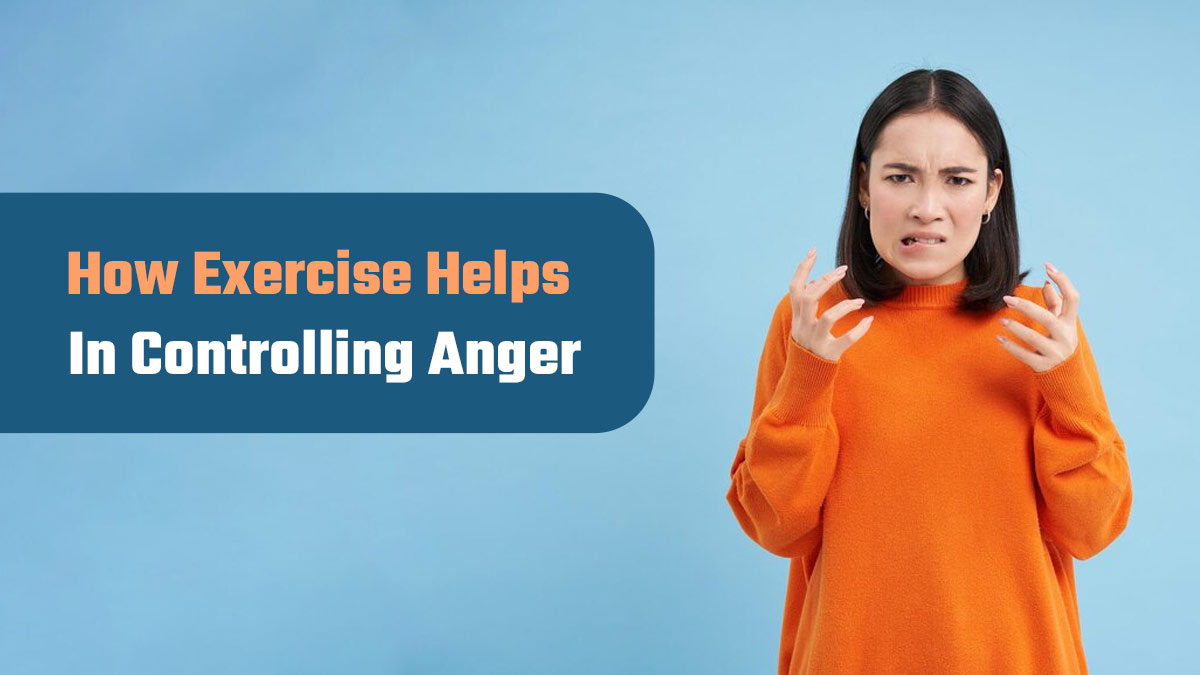Anger is a universal emotion, often experienced in response to frustration, disappointment, or perceived injustice. While it is a natural part of the human experience, unchecked anger can lead to negative consequences for both mental and physical health. It can also contribute to anxiety, depression, and various health issues such as high blood pressure and heart disease.
Engaging in physical exercise is one of the most effective strategies for controlling anger. Detailing how exercise fosters mindfulness, an expert shared a few tips to calm the mind during the heat of the moment of anger.
The Role of Exercise in Anger Management
Physical activity serves as a powerful outlet for pent-up emotions, including anger. Shivam, Emotional Intelligence Life Coach, Ex- Assistant Professor, Chandigarh University, Chandigarh, explained the exercise that people can learn to control their anger.
- Physical Activity as an Outlet: Engaging in exercise helps release built-up tension and promotes emotional well-being.
- Deep Breathing: Taking deep breaths can calm the nervous system, leading to relaxation both mentally and physically. “When the brain is calm, the body will be relaxed, the nervous system will be calm, and your brain will automatically react in the same way”.
- Hydration: Drinking water can help lower body temperature and alleviate feelings of anger. “When I am getting angry, my body is getting warm. It is heating up. You will drink water, and the temperature will go down,” explained the expert.
- Counting Down: Counting backwards from five can give your body a moment to relax before reacting to anger. “you are giving the body a chance to relax. But the biggest thing, the most important thing, these things just delay the anger,” added the expert.
- Post-Anger Discussion: “The most important thing and the most important advice would be when the anger calms down, then talk about the thing that made you angry,” he added. Once calm, discussing the issue that triggered the anger is essential for resolution.
Tips To Calm The Mind
-1738665078995.jpg)
Calming the mind is essential for maintaining emotional balance and overall well-being, especially in our fast-paced, often stressful lives. According to Harvard Medical School, below are a few relaxation techniques that may help individuals.
- Breath Focus: Take slow, deep breaths. Focus on your breathing to clear your mind of distractions. This helps you relax and can improve body awareness.
- Body Scan: Combine deep breathing with muscle relaxation. Focus on one body part at a time, releasing any tension you feel there. This helps you connect with your body.
- Guided Imagery: Imagine calming scenes or places in your mind. Use apps or recordings that offer soothing imagery. This can help you relax and feel positive.
- Mindfulness Meditation: Sit comfortably and focus on your breath. Stay present without worrying about the past or future. This practice can reduce anxiety and improve mood.
- Yoga, Tai Chi, and Qigong: These practices mix breathing with movements or postures. They help distract from racing thoughts and improve flexibility. Consult a doctor if you have health concerns before starting.
- Repetitive Prayer: Silently repeat a short prayer or phrase while focusing on your breath. This can be comforting if spirituality is important to you.
Conclusion
Anger can be a difficult emotion to handle. However, exercise can help manage it effectively. By adding physical activities to your daily routine, you can positively use your energy. This leads to better emotional health and helps you deal with stress. You can try different exercises like deep breathing, running, or yoga. Finding the right type of exercise can help you healthily control your anger.
